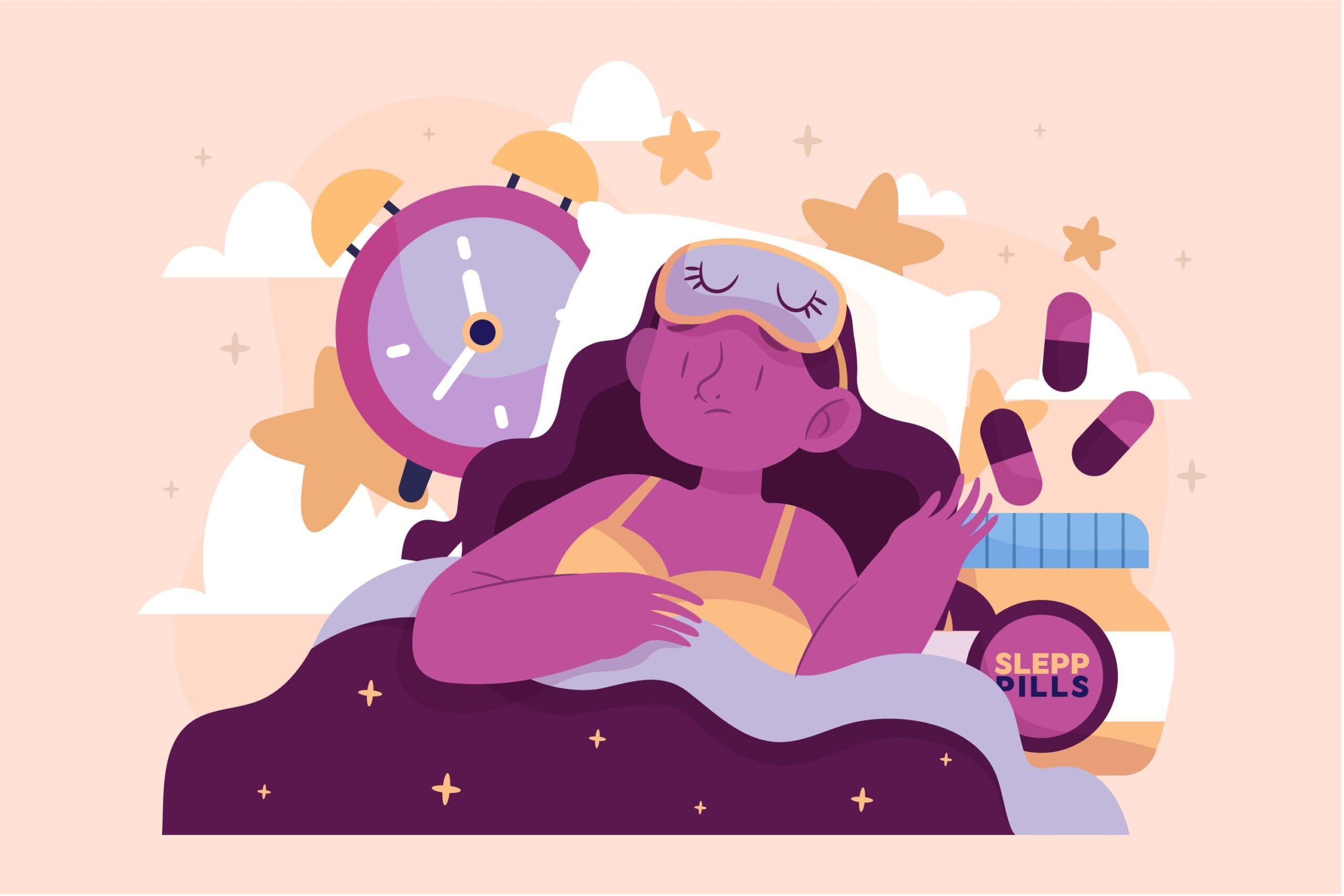Let’s be real. Reishi gets hyped like it’s some magic chill-pill that also boosts your immune system and makes you live forever. That’s not how this works. I’m a nutritionist with five years of hands-on experience. I like things that actually help people, not marketing copy. So here’s the straight-up version of what reishi (Ganoderma lucidum) is, what the evidence says, what to watch for, and how to try it sensibly.
Short version first: reishi has real bioactive compounds that might help with immunity, sleep, and stress. Most of the good studies are small or mixed. It’s not a miracle. It can interact with meds and it can cause side effects. Use caution, don’t replace your meds with mushroom hype, and if you’re on anticoagulants or immune-suppressants — talk to your doc.
What the heck is reishi?
Reishi (Ganoderma lucidum) is a mushroom used in traditional Chinese medicine for centuries. Folks call it the “mushroom of immortality.” Cute nickname. Reality: it’s a fungus with lots of interesting compounds — polysaccharides (like beta-glucans), triterpenes, and nucleotides. Those compounds are what researchers think might do the heavy lifting. Wild reishi exists, but most supplements use farmed or lab-grown mushrooms or extracts. Those are the ones most studies look at.
Why people take it now: stress, sleep, immune support, recovery, and a whole bunch of claims you’ll see on Instagram. Some of those claims have some science behind them. Many don’t.
What the research actually says (no fluff)
I’ll keep this tight. Short sentences. Facts, not fairy tales.
Immune modulation.
Reishi contains beta-glucans and other molecules that can modulate immune cells in lab and animal studies. Some human trials show immune effects too — like changes in immune markers. The big caveat: immune modulation isn’t always “better.” Turning the immune system up is good for infections. It’s bad if you have autoimmune disease or are on immune-suppressing drugs.
Sleep and anxiety.
There’s actually some decent early work showing reishi extracts may help sleep quality and reduce mild anxiety in people. Not everyone benefits and the effects are usually modest. But it’s one of the more plausible uses based on clinical data.
Energy, fatigue, and quality of life.
Small trials, especially in people dealing with chronic conditions or cancer-related fatigue, show possible improvements in fatigue and general wellbeing. Again, these aren’t massive, guaranteed effects. Think “maybe helpful,” not “life-changing.”
Cancer claims.
Lab and animal data suggest reishi compounds can influence cancer cells and immune responses. That’s interesting for researchers. But human evidence is limited and mixed. If you or someone you love has cancer, don’t swap chemo for reishi. Use it only as supportive therapy and only with your oncology team’s OK.
Metabolic effects (blood sugar, lipids) and other systemic claims pop up in animal studies. Human proof is limited. Don’t bank on it for managing diabetes or cholesterol unless your doctor says it’s worth trying as an adjunct.
Safety — the actually important part
Don’t skip this. Supplements aren’t harmless just because they’re “natural.”
Bleeding risk / interactions with blood thinners.
Reishi may slow clotting. Combine it with warfarin, aspirin, clopidogrel, NSAIDs, or similar drugs and you could up your bleeding risk. That’s not theoretical. Say something to your doctor before mixing.
Immune system caution.
If you’re on immunosuppressants (post-transplant, rheumatoid meds, etc.) or you have autoimmune disease, reishi might be a bad idea. It can stimulate immune activity in some contexts. Ask your specialist.
Liver and other side effects.
There are case reports linking reishi to liver injury in rare cases. Most people don’t have issues. But if you have liver disease, or if you notice jaundice, dark urine, or persistent nausea after starting it — stop and get checked.
Pregnancy & breastfeeding.
No reliable safety data. Don’t experiment while pregnant or nursing. Stay safe.
Common mild side effects: dry mouth, dizziness, stomach upset, itch, rash. If you get these, stop or reduce dose.
Quality & contamination.
Supplements aren’t tightly regulated. Some reishi products are spooky mixes of mycelium grown on grain, fillers, or even heavy metals (especially in cheap, wild-collected powders). Buy from reputable brands with third-party testing. Look for certificates (USP, NSF, or independent lab reports).
Picking a product — no-nonsense checklist
You don’t need to be an expert. Just follow this:
- Prefer fruiting-body extracts (or full-spectrum extracts) over plain mycelium-on-grain powders when possible. Fruiting bodies often have more of the compounds people study. Mycelium powder isn’t inherently evil, but it can be mixed with grain filler.
- Third-party testing — look for a lab certificate or a brand that posts batch tests. That’s non-negotiable.
- Avoid vague “proprietary blends.” If they won’t tell you how much reishi is in there, pass.
- Check for solvent-free extraction — hot-water extracts and dual extracts are common. That matters if you care about polysaccharides vs triterpenes.
- Follow dosage on the label and start low. Don’t triple the dose hoping for faster results.
Dosage — what humans in trials have used
There’s no single “official” dose. Different studies use different extracts and amounts. That muddles comparisons. Still, here’s the practical reality:
- Many human studies and clinical products use doses roughly in the 1–3 g/day range for powdered extracts or smaller amounts for concentrated extracts. Some trials use higher or lower doses depending on the preparation. Start low, watch for side effects, and follow the product label. If you’re on meds, loop in your clinician before making dose changes.
Who should avoid reishi or be very careful
- People on anticoagulants or antiplatelet meds. Ask your doc first.
- People on immunosuppressants or with autoimmune conditions. Ask their specialist.
- Pregnant or breastfeeding people. Skip it.
- Anyone with severe liver disease — check with a clinician. There are rare liver injury reports.
Real talk on benefits vs cost
Reishi isn’t cheap if you buy good quality. A jar of decent extract can be pricey. So ask yourself two things before you buy:
- What am I actually trying to fix? Sleep? Stress? Immune support? Pick one measurable thing to track.
- Will I track it? If you buy it and then “kind of hope” it works, you’ll waste money and time. Track sleep, mood, or recovery. If nothing changes after a month, bin it.
If you want a cheap starter test: try a month of a reputable reishi extract and keep a sleep/anxiety log. If there’s a real change, great. If not, don’t feel guilty for stopping.
Stacking reishi with other supplements
- With adaptogens (ashwagandha, rhodiola): Some folks stack for stress. Fine, but don’t stack multiple immune stimulators.
- With melatonin or magnesium for sleep: People try this. It’s usually okay but don’t mix without checking sleep meds or antidepressants.
- With other mushrooms: Commonly combined with lion’s mane or chaga in blends. That’s usually safe, but product sourcing becomes even more important.
Final, brutally honest wrap
Here’s the straight-up truth. Reishi is interesting, plausibly helpful, and has some human data backing certain uses like sleep and quality of life in specific groups. It’s not a cure-all. It’s not a performance steroid. It’s a supplement that may help some people modestly and does nothing for others.
Be sensible. Buy quality. Start low. Track effects. Don’t mix it with blood thinners or immune-suppressing meds without medical advice. If you want to try it for sleep, give it a few weeks and log your nights. If you want it for immune support, know that modulation isn’t always better — and talk to your doc if you have immune issues.
Obviously, I’m not your doctor. This is practical advice from someone who sees people trying supplements every week. If you want, I’ll make a one-page checklist for buying a quality reishi product, or compare three reputable brands and what to look for on the label. Which would help you most right now?






